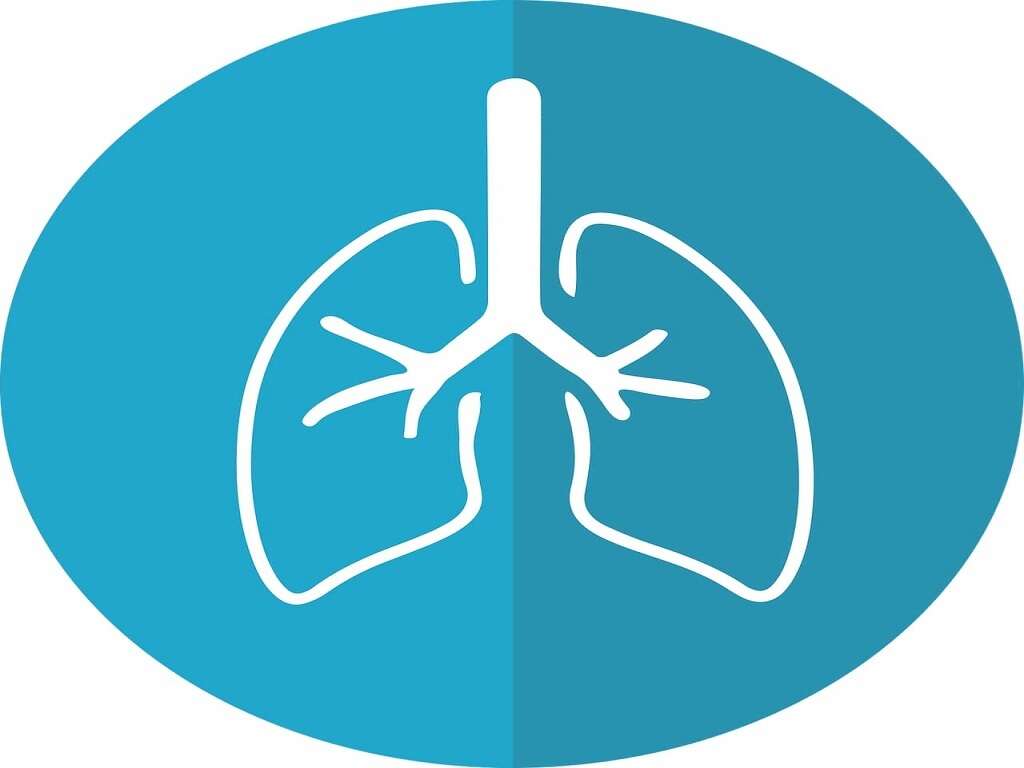Ageusia Causes, Treatments & More
 Article Sources
Article Sources
- 1. Bhandare, Nikhil N, et al. 'Diabetic Tongue - Could It Be a Diagnostic Criterion?' Journal of Family Medicine and Primary Care, Medknow Publications & Media Pvt Ltd, July 2014, www.ncbi.nlm.nih.gov/pmc/articles/PMC4209693/#:~:text=Diabetes mellitus (DM)
- 2. McConnell RJ;Menendez CE;Smith FR;Henkin RI;Rivlin RS; 'Defects of Taste and Smell in Patients with Hypothyroidism.'The American Journal of Medicine, U.S. National Library of Medicine, pubmed.ncbi.nlm.nih.gov/1163545/
- 3. 'Tongue Problems.' Tongue Problems | Michigan Medicine, www.uofmhealth.org/health-library/sig258564.
- 4. Ask the Doctor: 'Is My Blood Pressure Medicine Changing My Ability to Taste?' Harvard Health, 24 Sept. 2019, www.health.harvard.edu/newsletter/article/ask/the/doctor/is/my/blood/pressure/medicine/changing/my/ability/to/taste
- 5. 'Taste Disorders.' National Institute of Deafness and Other Communication Disorders, U.S. Department of Health and Human Services, 14 Dec. 2020, www.nidcd.nih.gov/health/taste-disorders
Sinusitis
Sinusitis causes the sinuses to swell and become inflamed. A virus normally causes the condition. Individuals with acute sinusitis may have difficulty breathing through their nose because of mucus buildup in the sinus cavity. It usually clears up after about a week.
Symptoms of sinusitis lasting over 12 weeks are referred to as chronic sinusitis. They may include thick, discolored discharge from the nose, bad breath and inflammation that can interfere with the sinus's ability to drain, resulting in an inability to taste or smell.
Advertisement











